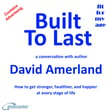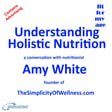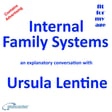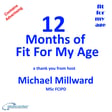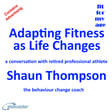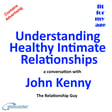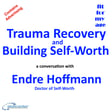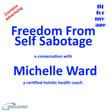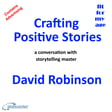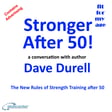
Planning Your Healthy Diet - a conversation with nutritionist Storm Trow
Storm Trow is a registered nutritionist and founder of Storm Nutrition.
It is a belief that a healthy lifestyle can be achieved without deny yourself the food that you love. It is says Storm all down to planning and preparation.
In this episode of the Abeceder health and wellbeing podcast Fit For My Age Storm explains to host Michael Millward how this approach to healthy food consumption works.
Their discussion covers the impact of
home working can have on our diet,
shopping when hungry
mood on food related decisions
denying ourselves food that we are craving
Storm offers easy to implement ways to achieve a healthy diet, including the best way to purchase a take away lunch and easy ways to add variety to your diet.
Find out more about Michael Millward and Storm Trow at Abeceder.co.uk.
Audience Offers
Proactive Positive Ageing.
We recommend The Annual Health Test from York Test, because knowing the risks early means you can take appropriate actions to maintain good health.
An experienced phlebotomist completes a full blood draw at your home or workplace, so that 39 different health markers can be assessed in a UKAS-accredited and CQC-compliant laboratory.
A Personal Wellness Hub gives access to easy-to-understand results and guidance to help you make effective lifestyle changes.
Visit York Test and use this discount code AGE25.
Fit For My Age is made on Zencastr, because Zencastr is the all-in-one podcasting platform, that really does make creating content so easy.
If you would like to try podcasting using Zencastr visit zencastr.com/pricing and use our offer code ABECEDER.
Travel Members of the Ultimate Travel Club enjoy travelling at trade prices on flights, trains, hotels, holidays and so many other travel related purchases. Use the link to access discounted membership.
Matchmaker.fm If you are a podcaster looking for interesting guests or if, you have something interesting to say Matchmaker.fm is where great hosts and great guests are matched and great podcasts are hatched. Use our offer code MILW10 for a discount on membership.
Being a Guest
If you would like to be a guest on Fit For My Age, please contact using the link at Abeceder.co.uk.
We recommend the podcasting guest training programmes available from Work Place Learning Centre.
We appreciate every like, download, and subscriber.
Thank you for listening.





